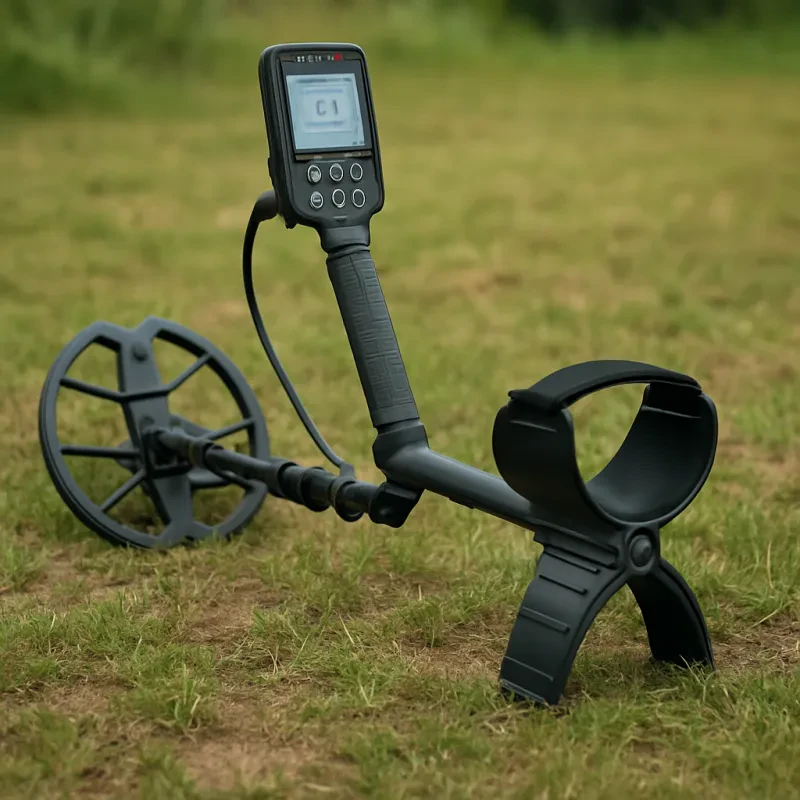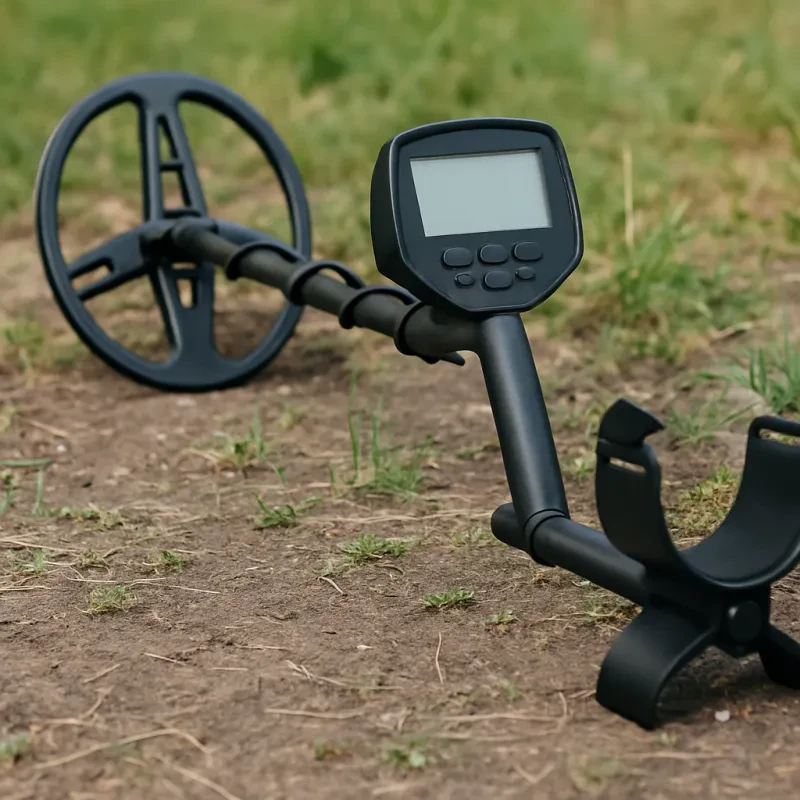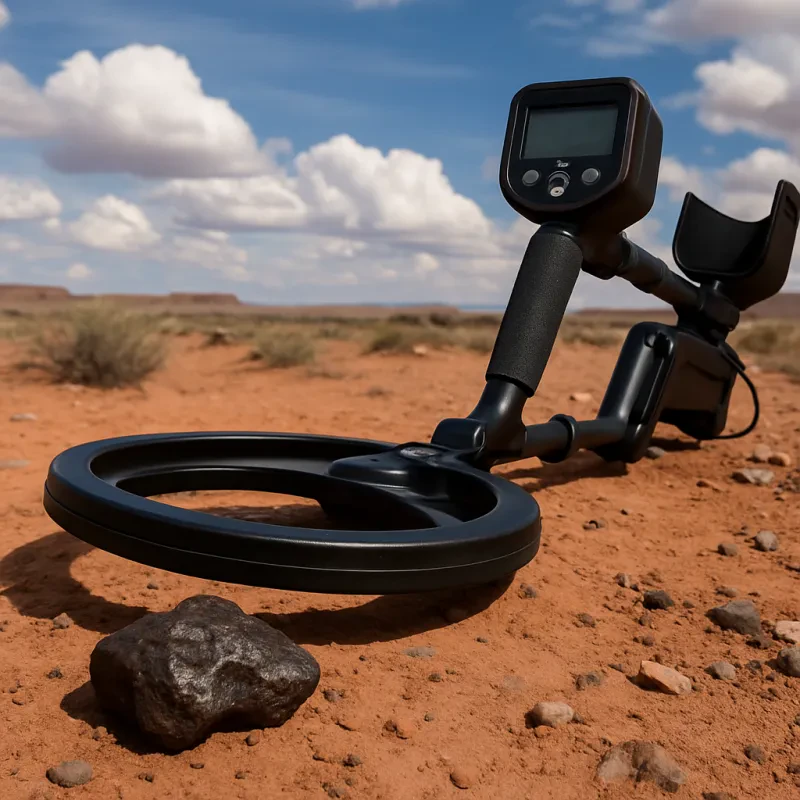Understanding Virginia Metal Detecting Laws
Metal detecting in Virginia offers a unique opportunity to explore the rich history and natural beauty of the state. Whether you're a history enthusiast, treasure hunter, or someone looking for a new outdoor hobby, it's important to understand the legal framework surrounding metal detecting in Virginia. This guide aims to provide a comprehensive overview of Virginia metal detecting laws, ensuring enthusiasts can enjoy their hobby while respecting legal boundaries and preserving historical sites.
Metal Detecting in Virginia
Virginia's diverse landscape, from its Atlantic coastline to the Appalachian Mountains, is steeped in history. The state has been a significant site for Native American cultures, early European settlements, and pivotal Civil War battles. This rich history makes Virginia an attractive location for metal detecting enthusiasts eager to uncover hidden treasures and artifacts. However, navigating the laws and regulations governing metal detecting is crucial to ensuring a responsible and legal pursuit of this hobby.
Understanding Virginia Metal Detecting Laws
Virginia metal detecting laws are designed to protect historical artifacts, archaeological sites, and private property rights. The state adheres to the Antiquities Act of 1906, the Archaeological Resources Protection Act (ARPA) of 1979, and local regulations to safeguard its cultural heritage. Here's a breakdown of the key legal considerations for metal detecting in Virginia:
Public Lands and Historical Sites: Metal detecting is generally prohibited in state parks, national parks, and historical sites in Virginia without explicit permission from the relevant authorities. These areas are protected to preserve historical and archaeological resources. Enthusiasts must obtain permits or written permission to metal detect in these locations.
National Forests and BLM Lands: While national forests and lands managed by the Bureau of Land Management (BLM) may allow metal detecting, it's subject to specific regulations. Permit requirements, designated areas, and restrictions on artifact removal vary, so it's essential to check with local offices before proceeding.
Beaches and Waterways: Virginia's public beaches and waterways may offer more leniency for metal detecting. However, regulations can differ by locality, and detecting may be restricted or require permits in certain areas. Always verify local ordinances before metal detecting on beaches.
Private Property: Metal detecting on private property in Virginia is permissible only with the landowner's explicit consent. It's crucial to obtain written permission to avoid trespassing charges and ensure a mutual understanding of any finds' division.
Best Practices for Metal Detecting in Virginia
To enjoy metal detecting responsibly and legally in Virginia, follow these best practices:
- Obtain Necessary Permits: Always secure the appropriate permits or permissions required by state or local authorities for metal detecting.
- Respect Historical Sites: Avoid disturbing historical sites and artifacts. If you inadvertently discover an archaeological artifact, report it to the appropriate authorities.
- Leave No Trace: Practice the principles of "Leave No Trace" by filling any holes you dig and disposing of any litter.
- Conduct Research: Before embarking on a metal detecting expedition, research the area's history and potential legal restrictions.
Resources for Metal Detecting Enthusiasts in Virginia
For further information and resources related to metal detecting in Virginia, consider reaching out to the following:
- Virginia Department of Conservation and Recreation: Offers information on state park regulations and permits.
- National Forest Service (Virginia Region): Provides guidelines for metal detecting in national forests.
- Virginia Historical Society: Can offer insights into historical sites and preservation efforts.
- Local Metal Detecting Clubs: Joining a local club can provide valuable insights, resources, and community support for enthusiasts.
Metal detecting in Virginia can be a rewarding hobby, offering the excitement of discovery and a unique way to connect with the state's history. By understanding and adhering to Virginia's metal detecting laws, enthusiasts can ensure their treasure hunting is both enjoyable and respectful of Virginia's cultural heritage. Always remember to seek the necessary permissions, respect historical sites, and follow best practices to ensure a positive and lawful metal detecting experience.
By keeping informed and respectful of the laws and regulations, metal detecting enthusiasts can explore Virginia's landscapes in search of historical treasures, contributing to the appreciation and preservation of the state's rich history. Happy hunting!





